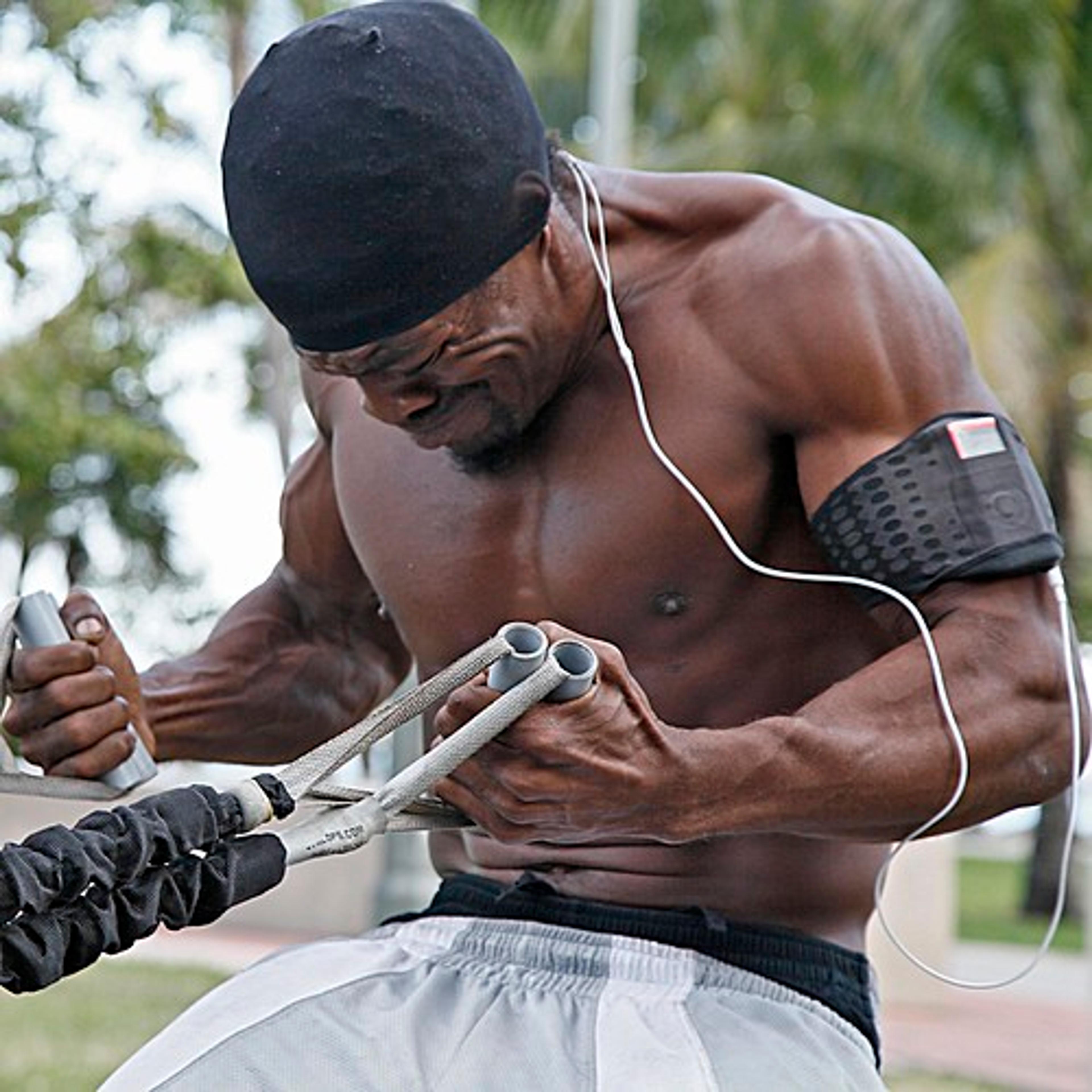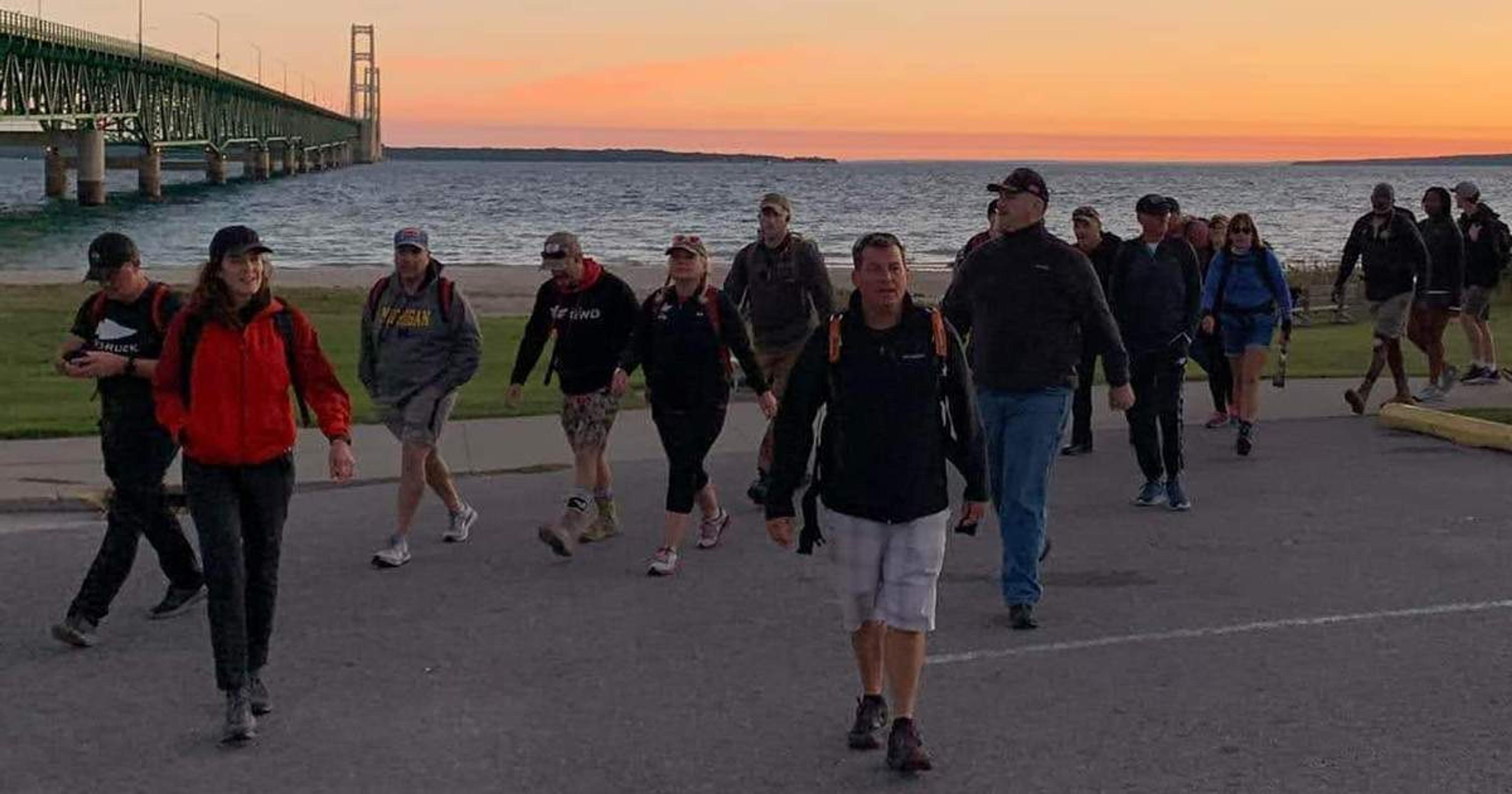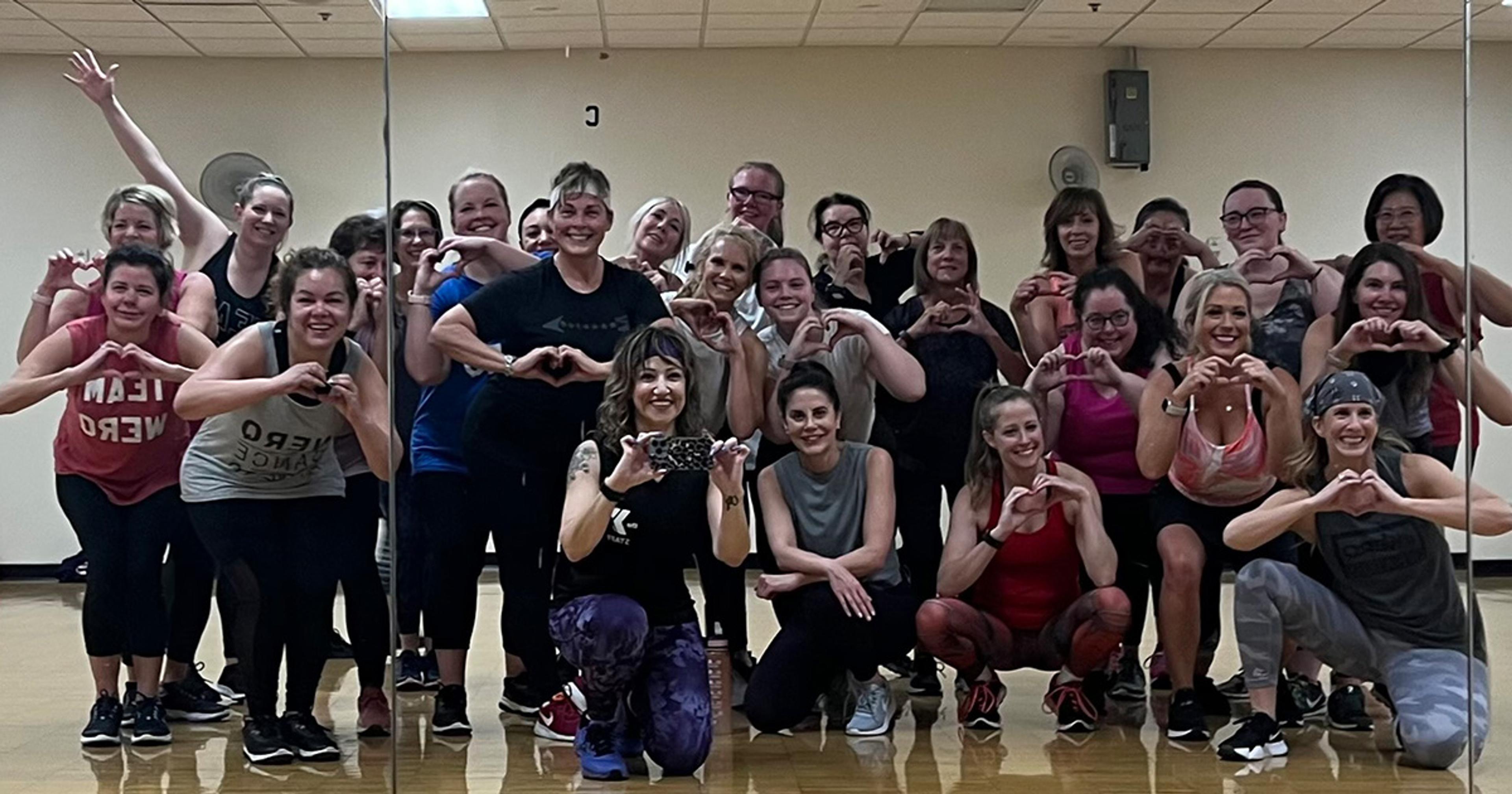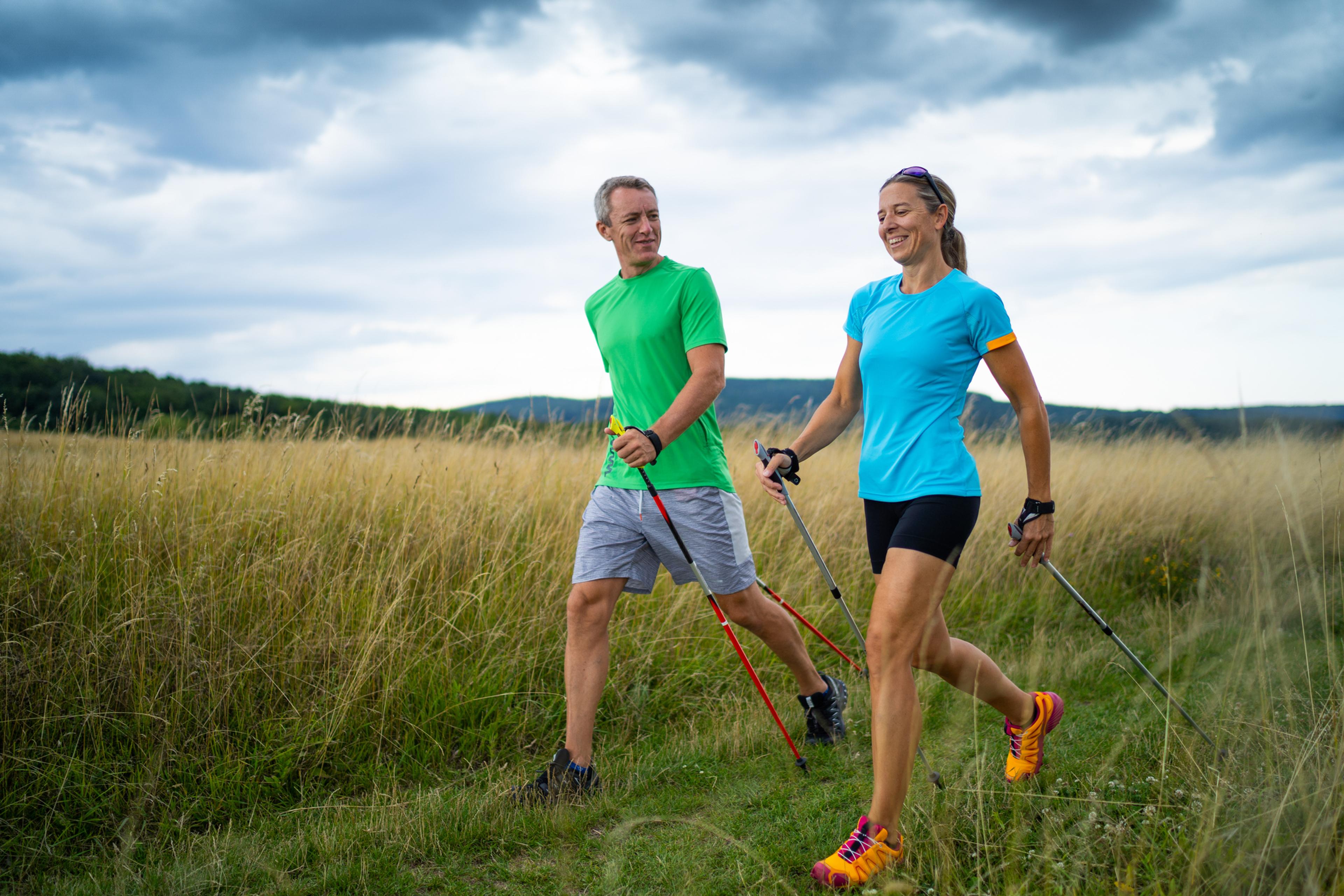Feeling sore is not a workout requirement
Jason Weslosky
| 3 min read

We have all felt it. The great feeling of getting a solid lift in, running extra far or performing exceptionally well during our exercise routine. The Centers for Disease control recommend that we get 150 minutes of moderate intensity exercise per week, but some days we just feel like pushing ourselves a bit further. Swollen muscles and feeling fatigued are worn like a badge of accomplishment on our sleeve, showing the world that we just completed a tough workout.
I am sure you’ve said or heard a variation of the phrase, “I’m going to feel this one in the morning.”
And it’s true. The proud feelings of accomplishment and improvement are replaced by something else, total body soreness much worse than experienced during or immediately after yesterday’s workout. Why is my entire body sore? You worked your muscles hard but you hadn’t felt like this after your workout yesterday!
Muscle soreness can be grouped into three main categories: soreness during exercise, soreness immediately after exercise, and delayed soreness. Soreness felt during or immediately after a workout is known as acute muscle soreness and is caused by a buildup of acid in and around the muscles as a result of exercise. Our blood works to flush these exercise byproducts out, relieving us of our soreness once enough blood has flushed our muscles out. One of the causes for cramping is poor blood flow to muscles, causing soreness or pain during exercise.
I am sure you are wondering, if blood flow is the cause of our pains, why do we feel even more sore a day after our workout when our blood flow should be fine?
It is due to an evolutionary phenomenon called delayed onset muscle soreness, or DOMS. DOMS occurs hours to days after an intense workout and has nothing to do with blood flow. This type of soreness is the result of many, many micro-ruptures or tears in our muscle. This “damage” then triggers a pain response to prevent further injury and warn us that enough is enough. In early times, this pain response would be delayed until we were safely away from predators chasing us or once we had finished our hunt and recovered. These tiny tears then get repaired by the body as bigger, stronger muscle to prevent injury during our next bout of intense exercise.
Treatment
While there isn’t a particular treatment used to reduce or eliminate delayed onset muscle soreness, you can do a few things that may promote a faster recovery. Increasing the blood flow to muscle (hot bath, massage, etc) may help while a 2007 study suggests that an ice water bath may be effective in reducing soreness.
Prevention
The best way to avoid the pains of DOMS is to slowly ramp up your exercise routine. Starting slow will help the muscle strengthen over time to reduce damage from exercise. While stretching and a thorough warm up are important any time you exercise, they will not prevent or lessen the effects of DOMS following an intense workout.
Photo credit Elido Turco – Gigi





